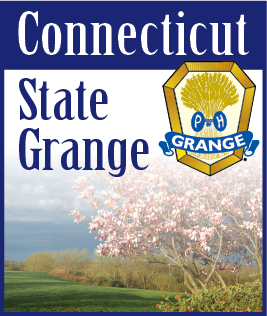| APRIL 5, 2011 -- Since its passage over a year ago, President Obama’s Patient Protection and Affordable Care Act, aka- ObamaCare, has drawn opposition from voters, physicians, insurance companies, patient care organizations, pharmaceutical companies and numerous other groups affected by the President’s signature achievement. As the contents of the nearly 2,000 page bill continue to unfold, new arguments arise in support of its alleged unconstitutionality. Such an issue involves the Independent Payment Advisory Board, IPAB, one of 27 new boards created by the Health Care bill.
In summary, the 15-member board, appointed by the President, is responsible for reducing Medicare spending once expenditures have exceeded a particular amount. These “triggers” signal when Medicare costs rise above the rate of inflation. Once they do so, IPAB has until January 15 to make recommendations to Congress, telling them where and how to reduce spending to return Medicare costs to appropriate levels. While this seems appropriate, and in line with the current effort to reduce spending, the methods by which IPAB will operate border on unconstitutional.
First, all recommendations made to Congress by IPAB automatically become law the following January unless Congress can draft, and the President signs, their own suggestions for cutting Medicare by an equal amount, or if the Senate rejects the recommendation with a 3/5 majority. Furthermore, the changes made to Medicare by IPAB cannot be overridden by the President or any court of law. Therefore, in theory, being immune to checks and balances and congressional intervention or oversight, IPAB would have somehow attained more sovereignty than any 1 of the 3 branches of government. In addition, a simple majority of the IPAB board members PRESENT is enough to make a recommendation to Congress. Meaning, not all 15 members of the board need to be in the room to approve what could potentially become law of the land. No other agency or group is granted such power and influence to create and implement legislation.
IPAB’s structure and influence should be an even greater concern to those located in rural areas. According to our own Leroy Watson, former Legislative Director and current Director of Trademark protection; “Rural areas have a disproportioned reliance on Medicare services. On average, rural communities have a greater proportion of citizens over the age of 65 than suburban or urban communities. In addition, rural areas have the highest proportion of individuals who are either self-employed or work for someone who is self-employed. These self-employed individuals do not have access to either union, corporate, or government-sponsored retiree benefit programs. They rely almost entirely on Medicare for their retirement medical services.” Should Medicare services be reduced by an IPAB recommendation, clinics, emergency rooms, hospitals, and physicians located in rural areas will find it much harder to continue providing services to rural-based individuals, 25% of whom tend to be older, more economically disadvantaged, and more likely to be uninsured. Furthermore, statistically, 10-15% of those employed in rural areas work directly for the health care industry, with hospitals in these areas often being the 2nd or 3rd largest employer (Roberts). In this regard, ObamaCare’s stated intention of providing affordable healthcare options to all will have grossly backfired.
Undoubtedly, with a $14 trillion debt level, Congress must get spending under control. While IPAB was established to do that, the power with which they are allowed to operate is simply outrageous and unprecedented, and if there is no reform to the current healthcare law, membership nominations for IPAB will begin as soon as this year. A program as large as Medicare, with the potential to affect the lives of millions, deserves to be left to a transparent, democratic process, allowing for the input and insight of everyone involved.
-Grace Boatright
National Grange Program Assistant
John L. Roberts, “Look at Rural Health as an Economic Engine,” Executive Director, Nebraska Rural Health Association, http://www.nebraskaruralhealth.org/ |
